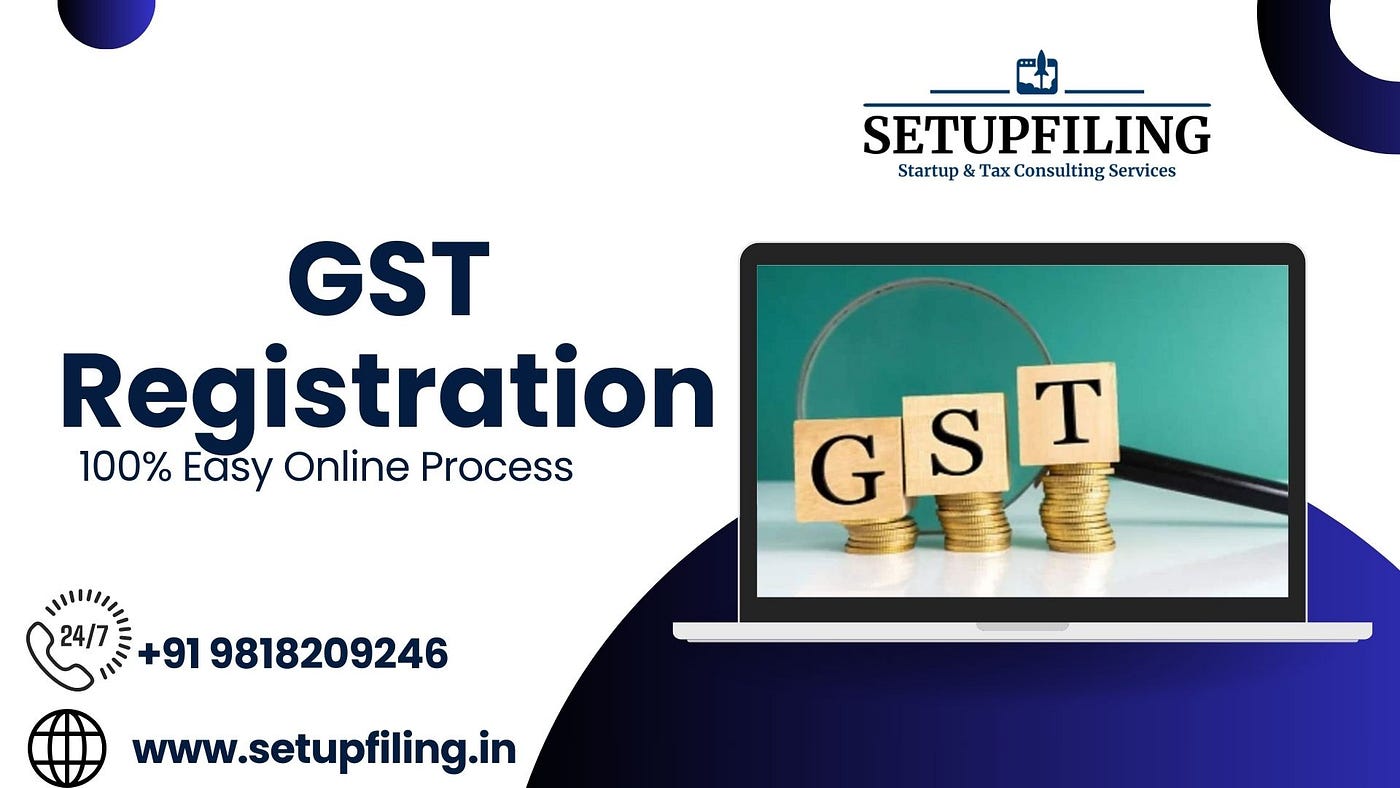Why Companies Choose the very best GST Registration Services in Singapore
Wiki Article
From Beginning to Complete: The Ultimate Roadmap to GST Enrollment for Companies Seeking Financial Security
Browsing the intricacies of Item and Services Tax Obligation (GST) registration is a crucial action for businesses striving for economic security. From comprehending the essential concepts of GST to adhering to post-registration standards, the procedure can seem daunting initially glance. Nevertheless, damaging down the roadmap right into workable actions can enhance the registration journey for organizations wanting to boost their economic standing. Let's check out the important elements that comprise this best roadmap and uncover just how each stage adds to laying a solid foundation for financial success.Comprehending GST Fundamentals
Digging right into the fundamental principles of Item and Services Tax Obligation (GST) is essential for obtaining a comprehensive understanding of its implications on businesses and the economic climate. Input Tax Obligation Credit Report (ITC) is a considerable feature of GST, allowing services to assert credit report for tax obligations paid on inputs, lowering the general tax problem. Recognizing the basics of GST is essential for services to abide with tax policies, handle their funds successfully, and contribute to the country's economic growth by participating in a transparent tax system.Qualification Criteria for Enrollment
As of the existing guidelines, the threshold limit for GST enrollment is a yearly accumulation turn over of 40 lakhs for companies operating within a state, other than for special classification states where the restriction is 20 lakhs. In addition, specific businesses are called for to register for GST regardless of their turn over, such as interstate vendors, casual taxable individuals, and companies responsible to pay tax obligation under the reverse charge system. It is crucial for businesses to extensively evaluate their turn over and purchase types to establish their GST enrollment responsibilities properly.Records Needed for Enrollment
Having satisfied the qualification standards for GST registration, services must currently ensure they have the requisite papers in place to continue with the registration procedure efficiently. The documents needed for GST registration generally consist of evidence of organization constitution, such as partnership act, registration certification, or consolidation certificate for various types of services. In addition, companies require to provide papers establishing the primary i loved this area of business, such as a rental arrangement or electricity expense.Step-by-Step Enrollment Process
Beginning the GST registration process involves a collection of organized steps to make certain a certified and seamless enrollment for services. The very first step is to check out the GST portal and load out the enrollment form with precise details of the organization entity. Following this, the applicant gets a Short-term Recommendation Number (TRN) which is made use of to resume the application process if it's not finished in one go.Following, all required records based on the list provided by the GST portal need to be published. These files commonly consist of proof of service identity, address and registration evidence of promoters, monetary statements, and service entity's frying pan card.

Post-Registration Conformity Standards

Conclusion
To conclude, services looking for economic security must recognize the essentials of GST, fulfill eligibility criteria, gather needed papers, follow the detailed enrollment process, and comply with post-registration standards - Best GST registration services in Singapore. By sticking to these steps, companies can guarantee conformity with tax obligation guidelines and preserve financial security in the long runAdditionally, particular services are required to register for GST irrespective of their turnover, such as interstate distributors, laid-back taxable persons, and organizations accountable to pay tax under the reverse charge system.Having fulfilled the eligibility standards for GST enrollment, services need to now guarantee they have the requisite files in area to proceed with the registration procedure effectively. The documents needed for GST registration typically include evidence of service constitution, such as partnership act, registration certification, or incorporation certificate for various types of services. Additionally, businesses require to offer records developing the major location of organization, such as a rental agreement or electricity expense.Commencing the GST this content enrollment procedure involves a series of organized steps to make certain a seamless and compliant registration for organizations.
Report this wiki page